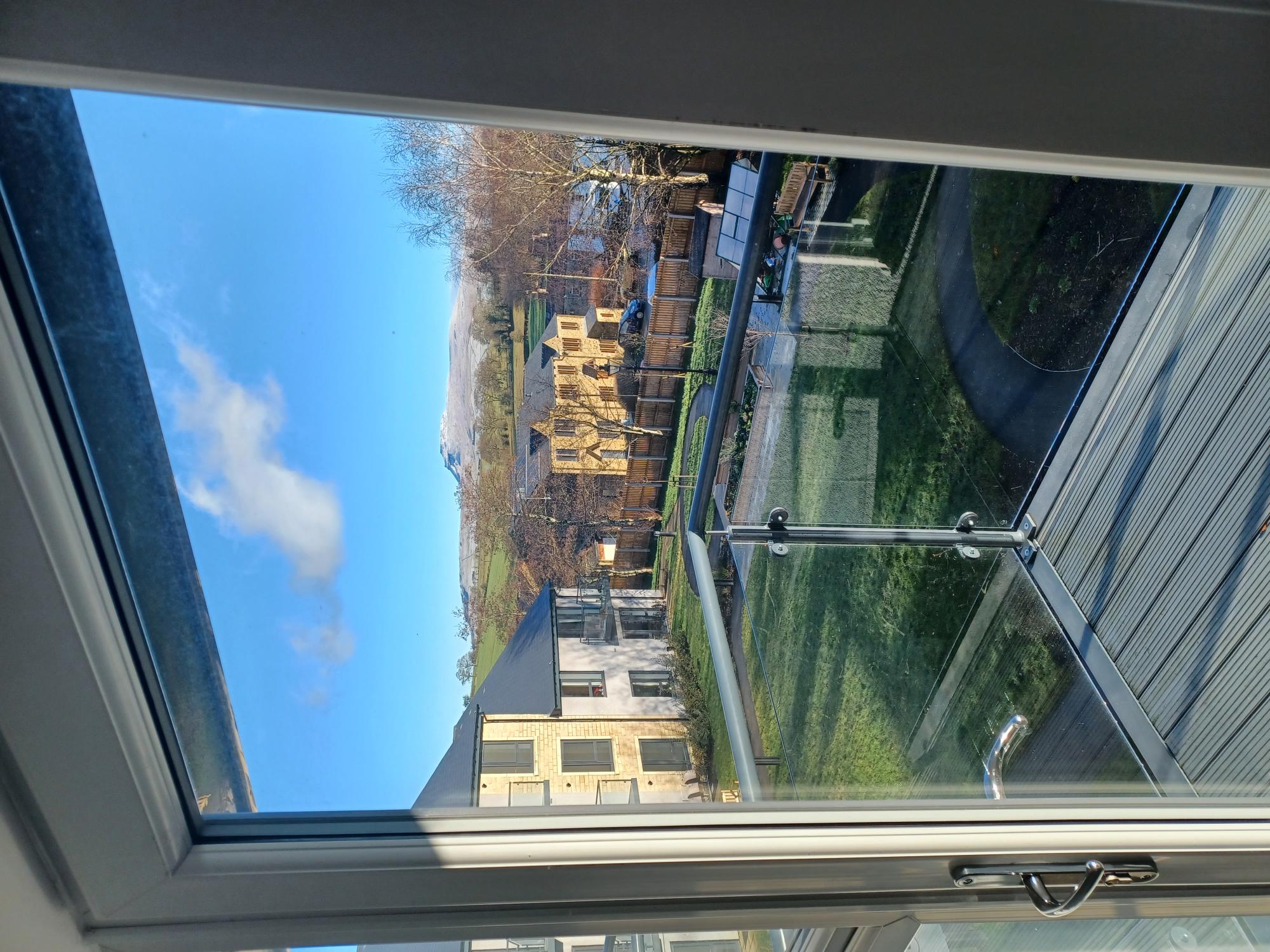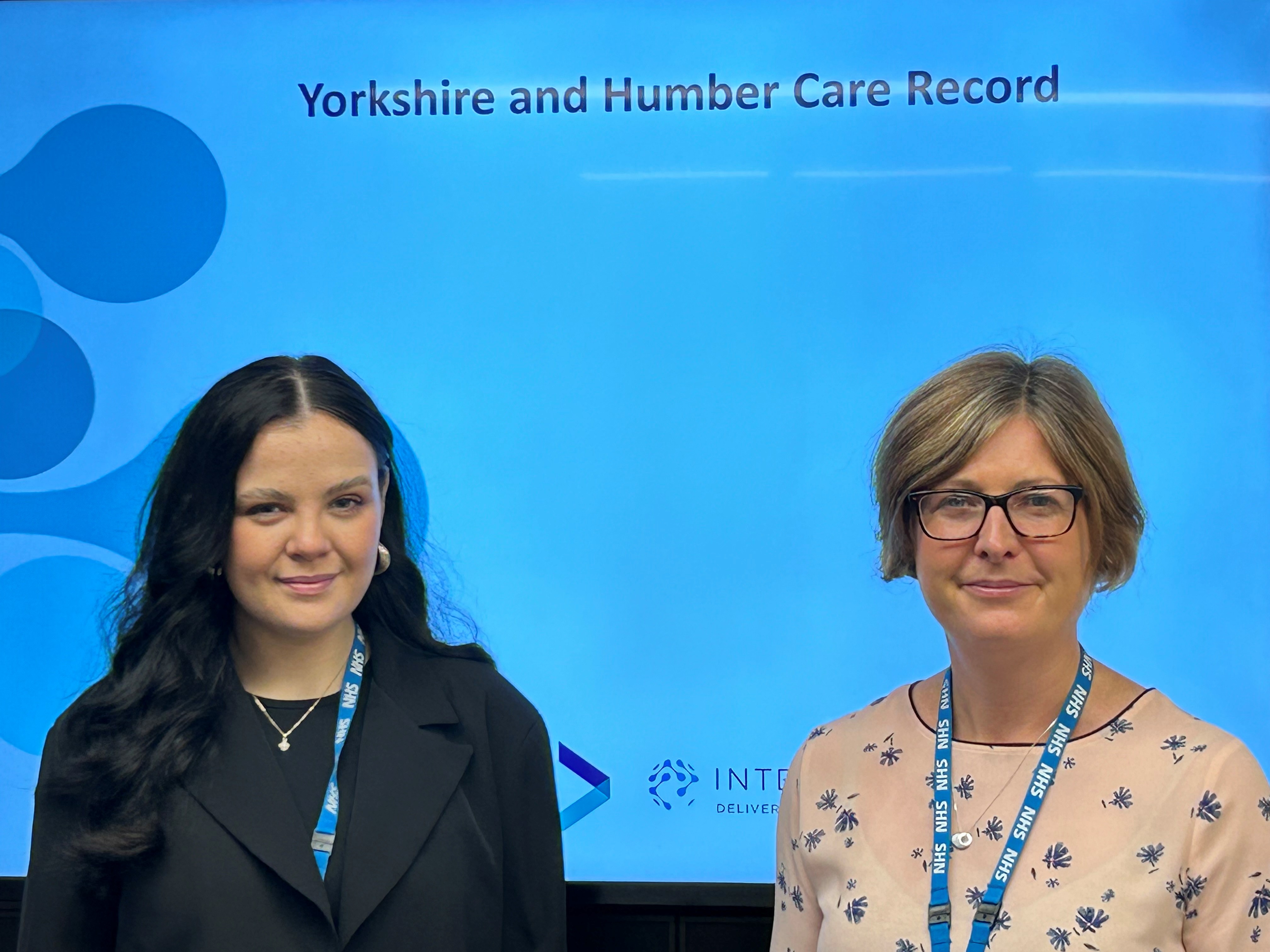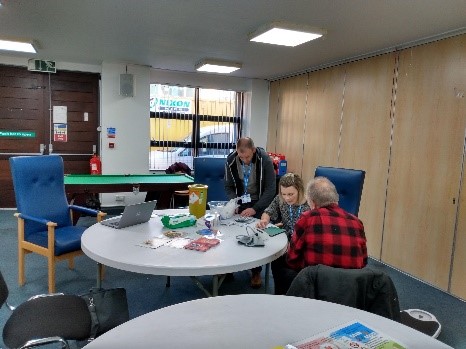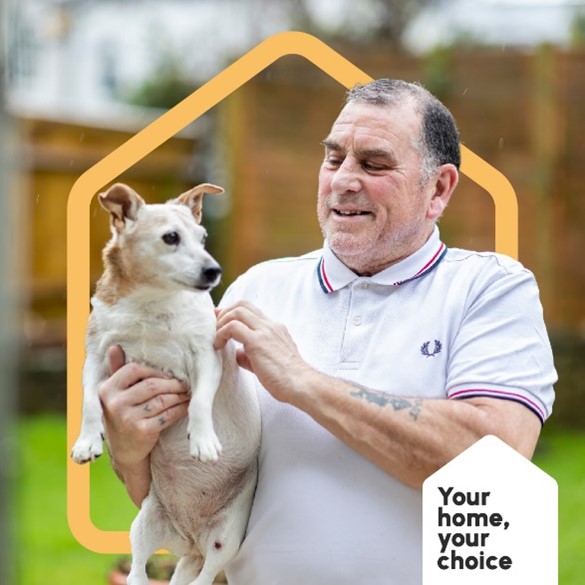Home is where we start from
 How many of us in our daily working lives in the NHS and local government talk about “Home First”? It’s been the main focus of social care services for a generation and it’s good that it’s now becoming a unifying mantra across health and care systems – in our hospitals, as much as in primary care, community health and in councils.
How many of us in our daily working lives in the NHS and local government talk about “Home First”? It’s been the main focus of social care services for a generation and it’s good that it’s now becoming a unifying mantra across health and care systems – in our hospitals, as much as in primary care, community health and in councils.
The reality of the phrase, however, has to be about more than just discharging people from hospital in a timely way, important though that is.
Since the late 90s, most councils have worked with communities and partners to transform the whole focus of care services. Whilst there will always be a place for residential and nursing homes, the real prize is to support more people to live in a home of their choice, with their own front door, for as long as possible. There is a real danger that one impact of COVID has been to distort this simple mission: across Yorkshire, and nationally, the pandemic discharge pathway has led to too many people being discharged from hospital but then spending too much time in community beds. In North Yorkshire alone, 3 times as many people are now (compared with pre-pandemic) in short stay beds and about 32% of them end up with a permanent admissions to 24 hour care. This unintended consequence of the discharge pathway is not the best outcome for people’s lives – and it is a more expensive outcome for all taxpayers, too.
We need to reverse this trend and, together, re-discover our passion for prevention and independence and make “Home First” a meaningful reality for many more people in our communities.
There are lots of ways in which we can do this. In North Yorkshire, we have had a longstanding commitment to investing in prevention, including through extra care and supported housing. And our new Council, which brought together 8 organisations in April of this year, will build on what has been achieved by its predecessors.
 This year, we are celebrating 20 years of North Yorkshire’s extra care housing programme, which was launched in 2003 by the then Executive Member for Social Care, Shelagh Marshall, who was a councillor for the Embsay area of Craven. The programme started with a commitment to replace council-run care homes with modern extra care facilities. Since then we have expanded beyond that original intent, working with housing associations and developers to build 28 extra care schemes. We now have 1500 apartments to rent or to buy. Thousands of people have lived in extra care and, overall, it seems that they have lived more independently for longer. Where possible, we try and support people right through to the end of their lives, although this is not always possible. In some parts of North Yorkshire, extra care also provides services in conjunction with the NHS: there are step-up/step-down beds in the north of the County and there are respite/short breaks apartments in several schemes, including Settle. Over the last decade alone, the programme has also helped the Council save £2m which has been re-invested in council services.
This year, we are celebrating 20 years of North Yorkshire’s extra care housing programme, which was launched in 2003 by the then Executive Member for Social Care, Shelagh Marshall, who was a councillor for the Embsay area of Craven. The programme started with a commitment to replace council-run care homes with modern extra care facilities. Since then we have expanded beyond that original intent, working with housing associations and developers to build 28 extra care schemes. We now have 1500 apartments to rent or to buy. Thousands of people have lived in extra care and, overall, it seems that they have lived more independently for longer. Where possible, we try and support people right through to the end of their lives, although this is not always possible. In some parts of North Yorkshire, extra care also provides services in conjunction with the NHS: there are step-up/step-down beds in the north of the County and there are respite/short breaks apartments in several schemes, including Settle. Over the last decade alone, the programme has also helped the Council save £2m which has been re-invested in council services.
In North Yorkshire, extra care housing has always been designed on a human scale – 40 to 60 apartments in each scheme, compared with much larger schemes in other parts of the country. Where possible, they are part of wider community regeneration: either in town and village centres or as part of new housing developments. In some places, extra care schemes host the local library, village shop, mobile Post Office or other local amenities. Some have very active community involvement - and we are happy to welcome NHS services and community groups who may want to base themselves in extra care schemes.
In the Craven area, we have extra care housing in Bentham, Settle and Skipton (2 schemes) and we have just undertaken a community consultation on plans for a new scheme in Gargrave.
 To celebrate the 20th anniversary, Councillor Michael Harrison (North Yorkshire Health and Well-being Board Chair and Executive Member for Public Health and Adult Social Care) and I are visiting all 28 schemes. We are really enjoying meeting with residents and with colleagues from the Council, care providers and housing associations who work with them. It’s been a pleasure to talk to people and to hear first-hand what works well and what could be better. And there are people in all of the schemes who will stay etched in our memories. The man in Bentham who ran away to sea as a lad and who now delivers the newspapers every day to fellow residents. The woman in Settle who is an international expert on autism. All have stories to tell. All have a lifetime of contributing to our communities. All live in extra care.
To celebrate the 20th anniversary, Councillor Michael Harrison (North Yorkshire Health and Well-being Board Chair and Executive Member for Public Health and Adult Social Care) and I are visiting all 28 schemes. We are really enjoying meeting with residents and with colleagues from the Council, care providers and housing associations who work with them. It’s been a pleasure to talk to people and to hear first-hand what works well and what could be better. And there are people in all of the schemes who will stay etched in our memories. The man in Bentham who ran away to sea as a lad and who now delivers the newspapers every day to fellow residents. The woman in Settle who is an international expert on autism. All have stories to tell. All have a lifetime of contributing to our communities. All live in extra care.
In November, we will be holding a national joint conference in Harrogate with the Housing Learning and Improvement Network (LIN) and anyone who is interested is welcome to join us. Book your place here - numbers are limited, though! Speakers will include representatives from the Government’s Older People’s Housing Taskforce as well as Lord Best, who co-chairs the All-Party Parliamentary Group on Housing and Care for Older People and local residents and services.
It's important we look to the future as well as reflecting on the past.
We have several new extra care schemes in the pipeline (including the one in Gargrave) and we are beginning to plan for a further expansion, especially in the Harrogate area, which has fewer extra care apartments per head and needs a step-change away from residential and nursing homes towards care at home. Some of our schemes are real community hubs; other less so – and we want to change that so the world comes into extra care, as much as residents continue to be part of their wider communities. It’s also probably time to take stock of staffing models (as people live longer and more have dementia); fees and charges; and catering provision. And there are more opportunities to join up NHS and social care even more through extra care: the place where the “Home First” and “Housing First” approaches meet and achieve something special.
Whilst the focus of current extra care schemes is mainly people over 75, with some residents in the 50-74 range, we are also thinking about better supported housing for younger adults. We know there is a real need for a wider choice of housing and care for people with mental health issues, learning and physical disabilities and autism. Housing for younger adults needs to be as much of a mission for the next 20 years, as older people’s housing has been to date and will continue to be.
There is a wider debate about national policy and reform. The most recent Social Care White Paper in 2021 highlighted the increasing importance of housing. And many of us believe that the future of social care is much more about housing with care: where do we all want to live as we get older or if we have a disability at a younger age? A radical shift won’t happen by magic: we, alongside some other councils and care providers, have called for a national market diversification fund, similar to the major resettlement programmes which saw long-stay hospitals replaced by community care in the 1980s and 1990s, so that more residential and nursing care can transform into extra care, supported housing and home care services over the next decade and beyond.
Home is where we start from. Most of us believe that. Many of us are working hard to achieve it. We now need to make it the norm for the next generation.
Thank you for reading.


 Hello, my name is Zoe Richardson and I am a Digital Project Manager in the West Yorkshire Integrated Care Board Digital Team. My role is to oversee the implementation of the Yorkshire and Humber Care Record (YHCR), the regional shared care record across the West Yorkshire system.
Hello, my name is Zoe Richardson and I am a Digital Project Manager in the West Yorkshire Integrated Care Board Digital Team. My role is to oversee the implementation of the Yorkshire and Humber Care Record (YHCR), the regional shared care record across the West Yorkshire system.
 At the community hub, we ‘detect’ through point of care testing cholesterol service (using
At the community hub, we ‘detect’ through point of care testing cholesterol service (using  Your home, your choice – support to resize
Your home, your choice – support to resize World Stroke Day (Sunday 29 October)
World Stroke Day (Sunday 29 October) Support for young pregnant women to quit smoking
Support for young pregnant women to quit smoking West Yorkshire has been awarded £7.5 million in funding to support local business growth in the HealthTech sector thanks to a partnership between Mayor of West Yorkshire Tracy Brabin and Innovate UK. West Yorkshire fought off competition from nearly 40 other areas to secure the £7.5 million of new investment — hailed as a 'gamechanger' for the region’s £5 billion Health Technology (HealthTech) sector. For more information see the
West Yorkshire has been awarded £7.5 million in funding to support local business growth in the HealthTech sector thanks to a partnership between Mayor of West Yorkshire Tracy Brabin and Innovate UK. West Yorkshire fought off competition from nearly 40 other areas to secure the £7.5 million of new investment — hailed as a 'gamechanger' for the region’s £5 billion Health Technology (HealthTech) sector. For more information see the